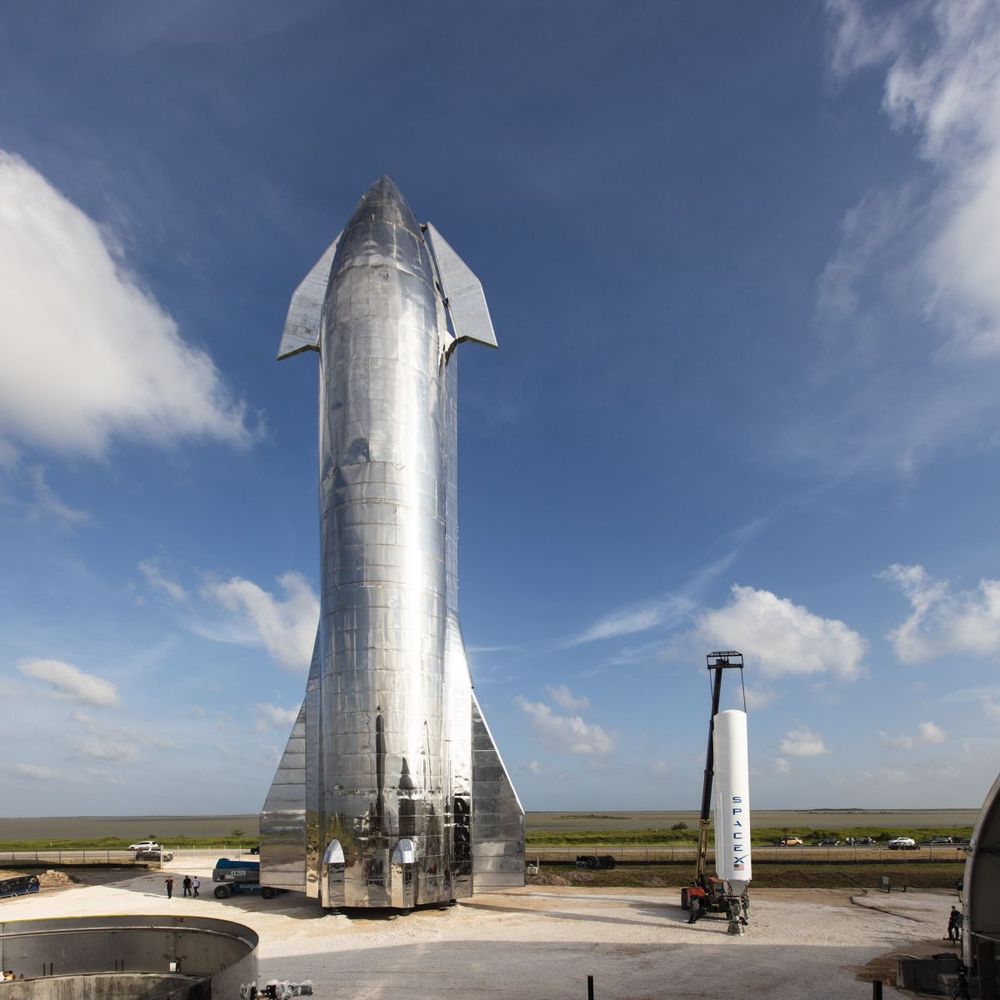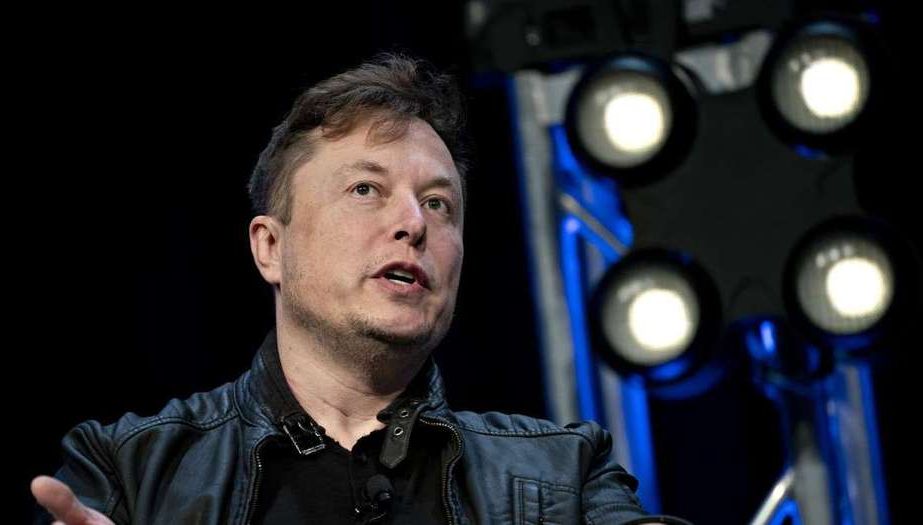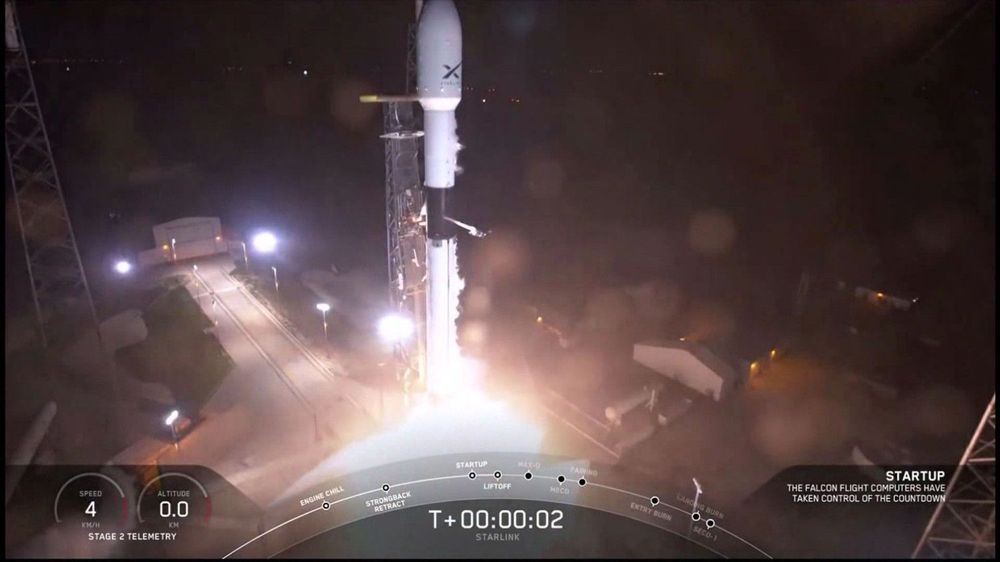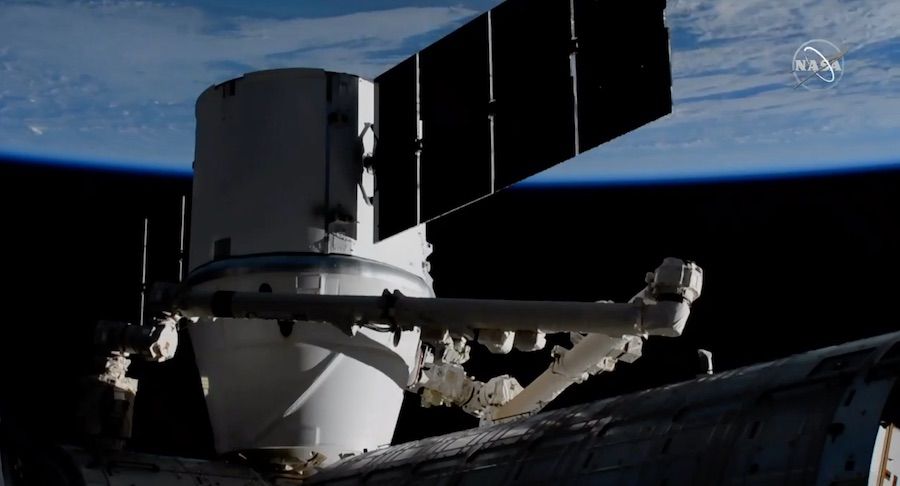O.o yayyyyyyyyyyyyy.
When it comes to space, there’s a problem with our human drive to go all the places and see all the things. A big problem. It’s, well, space. It’s way too big. Even travelling at the maximum speed the Universe allows, it would take us years to reach our nearest neighbouring star.
But another human drive is finding solutions to big problems. And that’s what NASA engineer David Burns has been doing in his spare time. He’s produced an engine concept that, he says, could theoretically accelerate to 99 percent of the speed of light — all without using propellant.
He’s posted it to the NASA Technical Reports Server under the heading “Helical Engine”, and, on paper, it works by exploiting the way mass can change at relativistic speeds — those close to the speed of light in a vacuum. It has not yet been reviewed by an expert.






